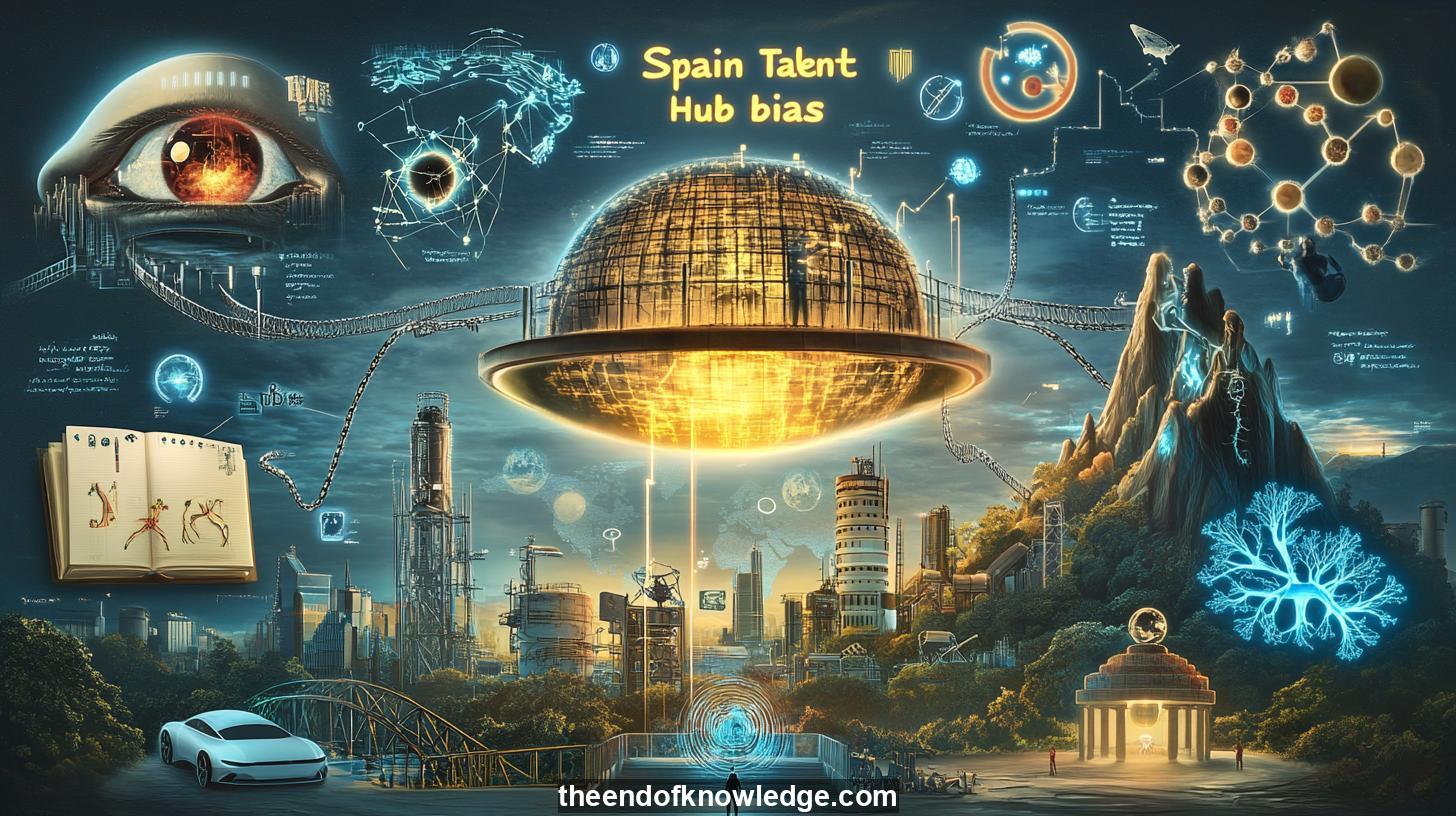 >
>
Concept Graph, Resume & KeyIdeas using DeepSeek R1 :
Resume:
The speaker discusses their work in inverse problems, which involve determining the causes of a problem from its effects. They explain that these problems are complex and require advanced mathematical techniques. The conversation also touches on the application of artificial intelligence in finance and biomedicine, highlighting the potential of AI to optimize trading strategies and personalize medicine. The speaker mentions the challenges of working in a regulated environment, particularly in Spain, where innovation can be hindered by bureaucracy. They also reflect on the importance of education and talent in driving technological advancements and the need for ethical considerations in AI development. The dialogue emphasizes the transformative power of technology and the need for interdisciplinary collaboration to address complex societal challenges.30 Key Ideas:
1.- Inverse problems involve determining causes from effects using mathematical techniques.
2.- AI optimizes trading strategies and personalizes medicine, offering significant advancements.
3.- Regulatory environments, especially in Spain, can hinder innovation.
4.- Education and talent are crucial for technological progress.
5.- Ethical considerations are essential in AI development.
6.- Interdisciplinary collaboration is vital for solving complex problems.
7.- The financial sector benefits from AI's ability to analyze large datasets.
8.- Biomedicine sees AI applications in disease diagnosis and drug development.
9.- Spain's regulatory framework can slow down technological adoption.
10.- Ethical AI ensures transparency and fairness in decision-making processes.
11.- Talent retention is challenging due to brain drain in certain regions.
12.- AI systems require careful design to avoid biases and errors.
13.- Public-private partnerships can accelerate innovation.
14.- Education systems need to adapt to prepare for technological changes.
15.- The integration of AI in healthcare enhances patient outcomes.
16.- Ethical AI development involves ongoing monitoring and evaluation.
17.- Collaboration between academia and industry drives innovation.
18.- AI's impact on employment requires strategic planning.
19.- Balancing innovation with regulation is critical for societal benefit.
20.- Continuous learning is essential in the rapidly evolving tech landscape.
21.- AI's potential in sustainability and environmental management is vast.
22.- Ethical considerations must guide AI's application in sensitive areas.
23.- Encouraging interdisciplinary research fosters comprehensive solutions.
24.- The future of AI depends on addressing current ethical and technical challenges.
25.- Education and re-skilling are key to harnessing AI's full potential.
26.- AI can enhance decision-making processes in various industries.
27.- Collaboration between nations is crucial for global technological advancement.
28.- The ethical use of AI ensures respect for human rights and dignity.
29.- AI's role in education can personalize learning experiences.
30.- The responsible development of AI is essential for a sustainable future.
Interviews by Plácido Doménech Espí & Guests - Knowledge Vault built byDavid Vivancos 2025